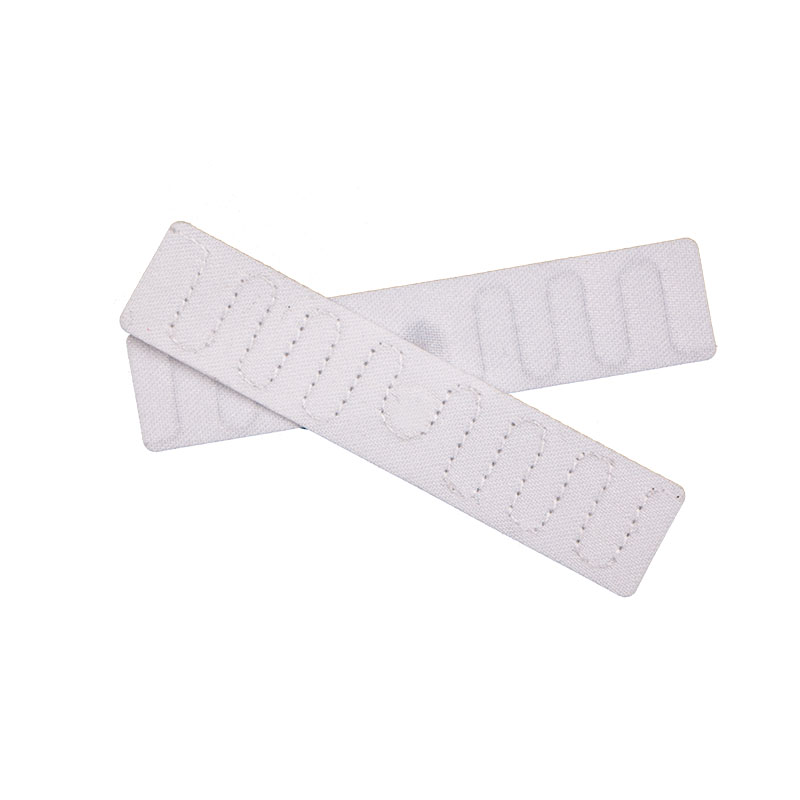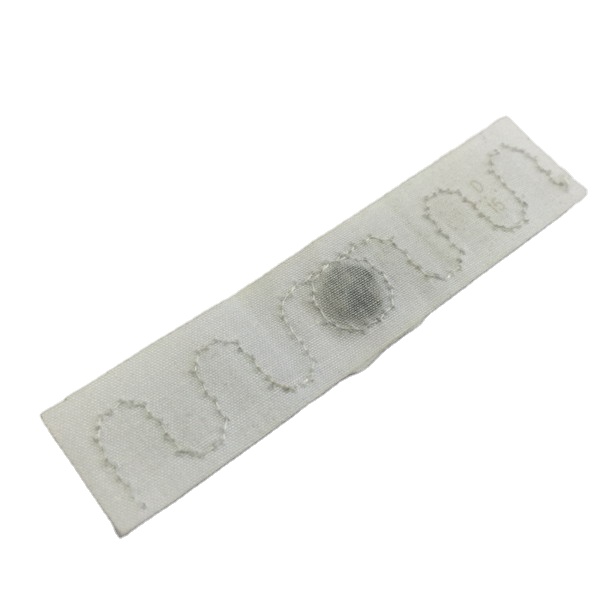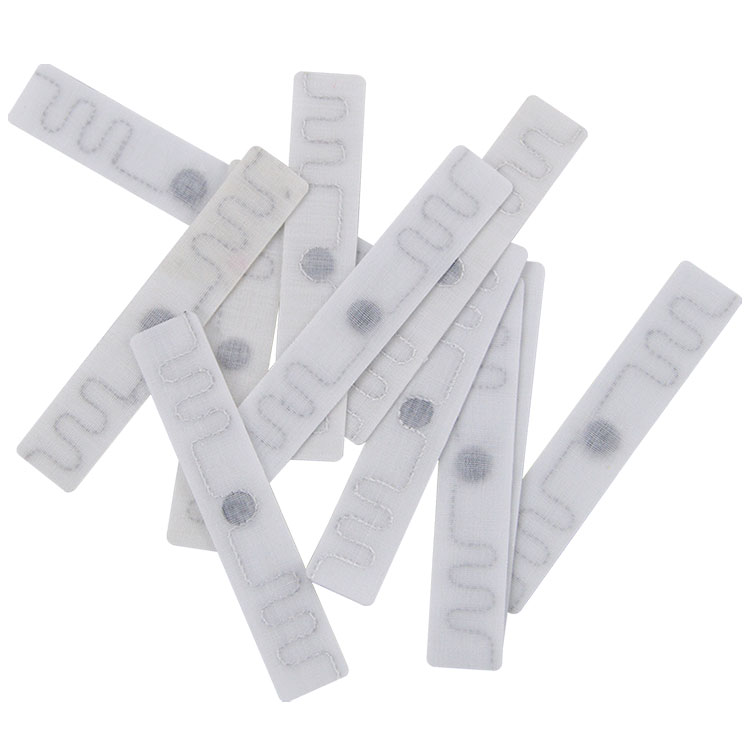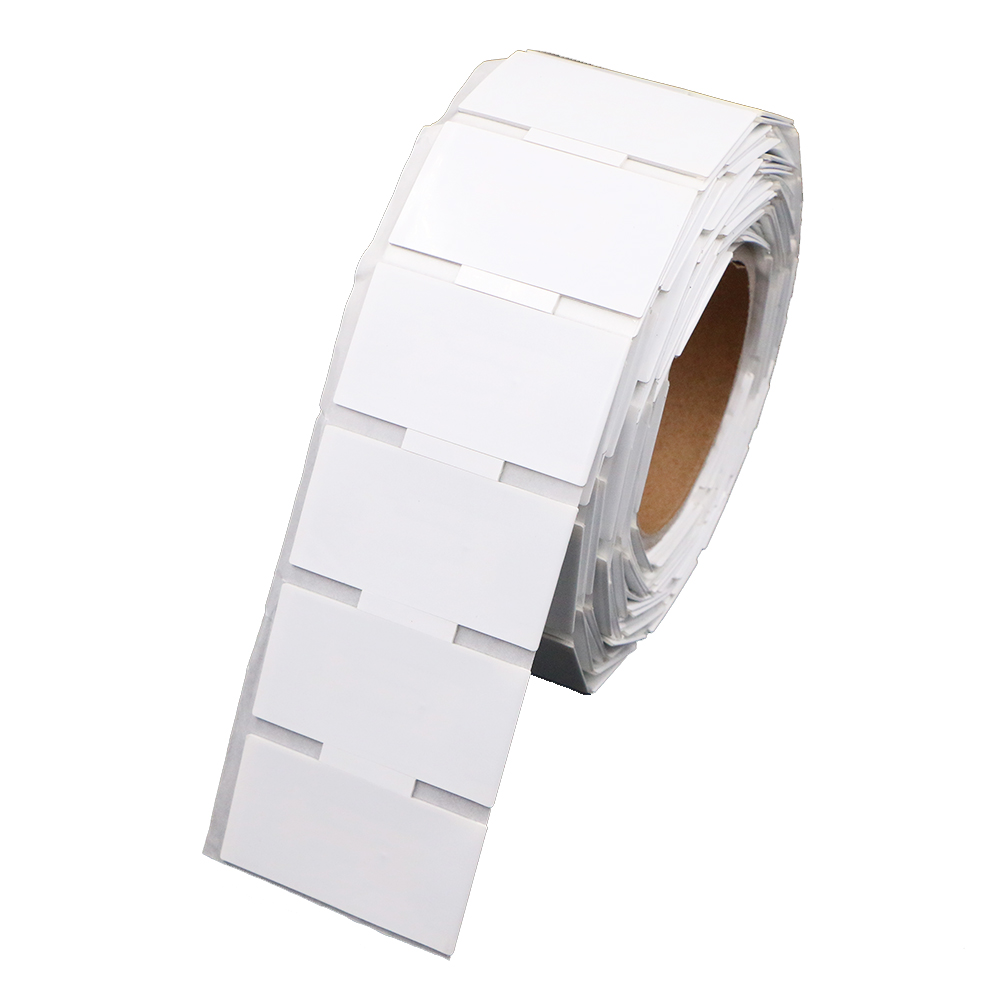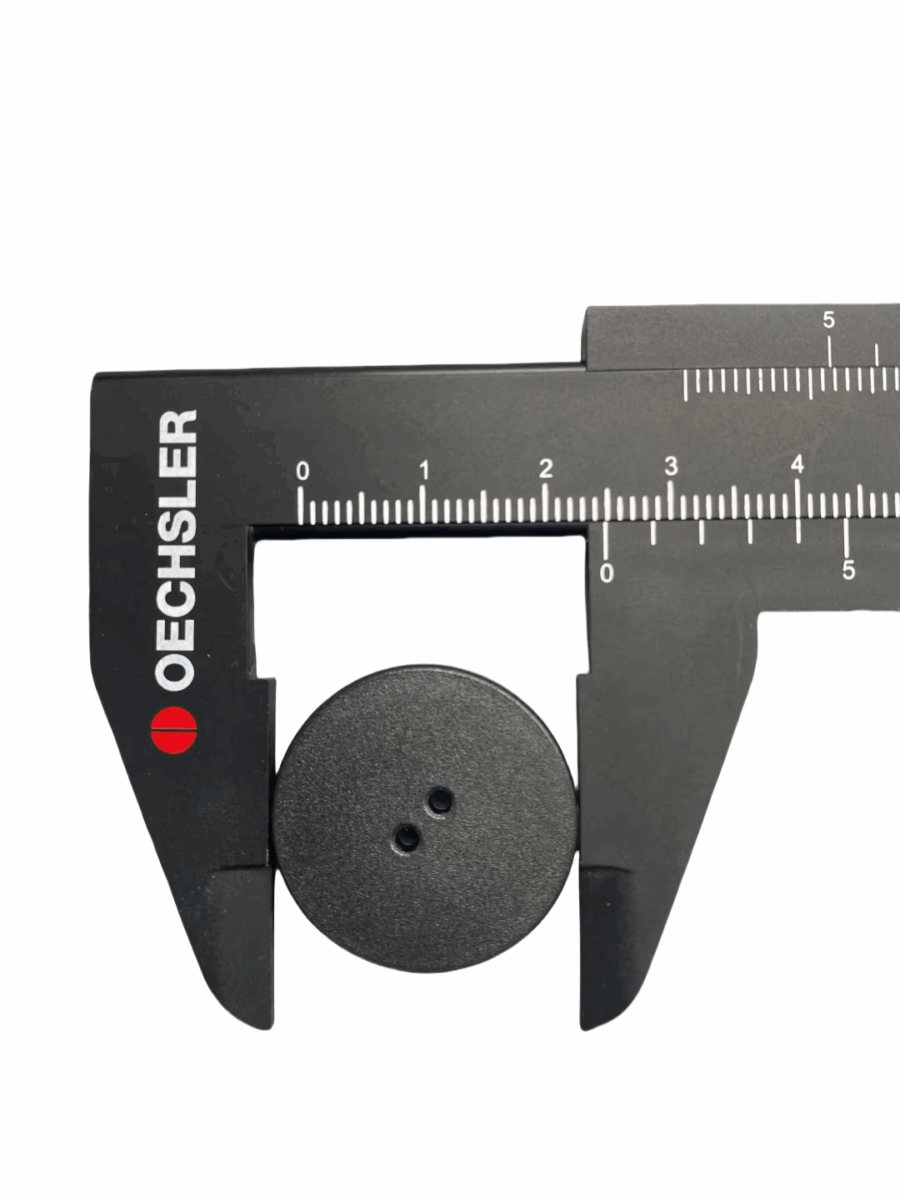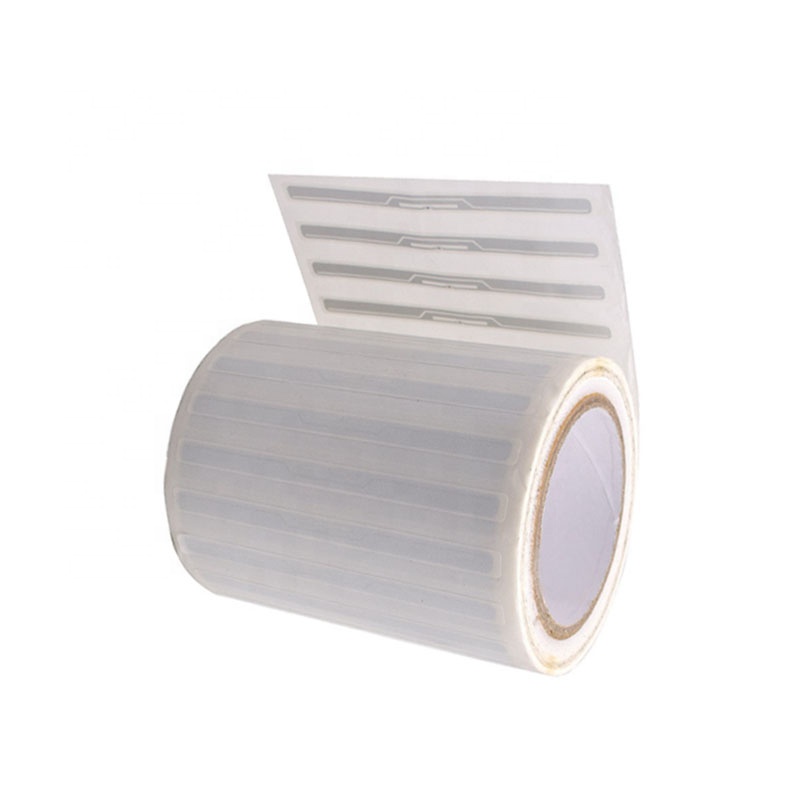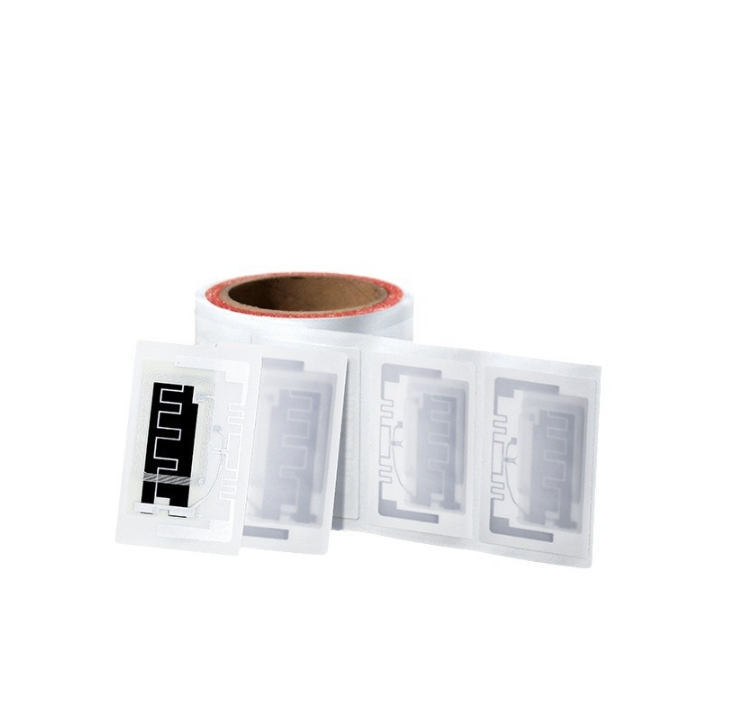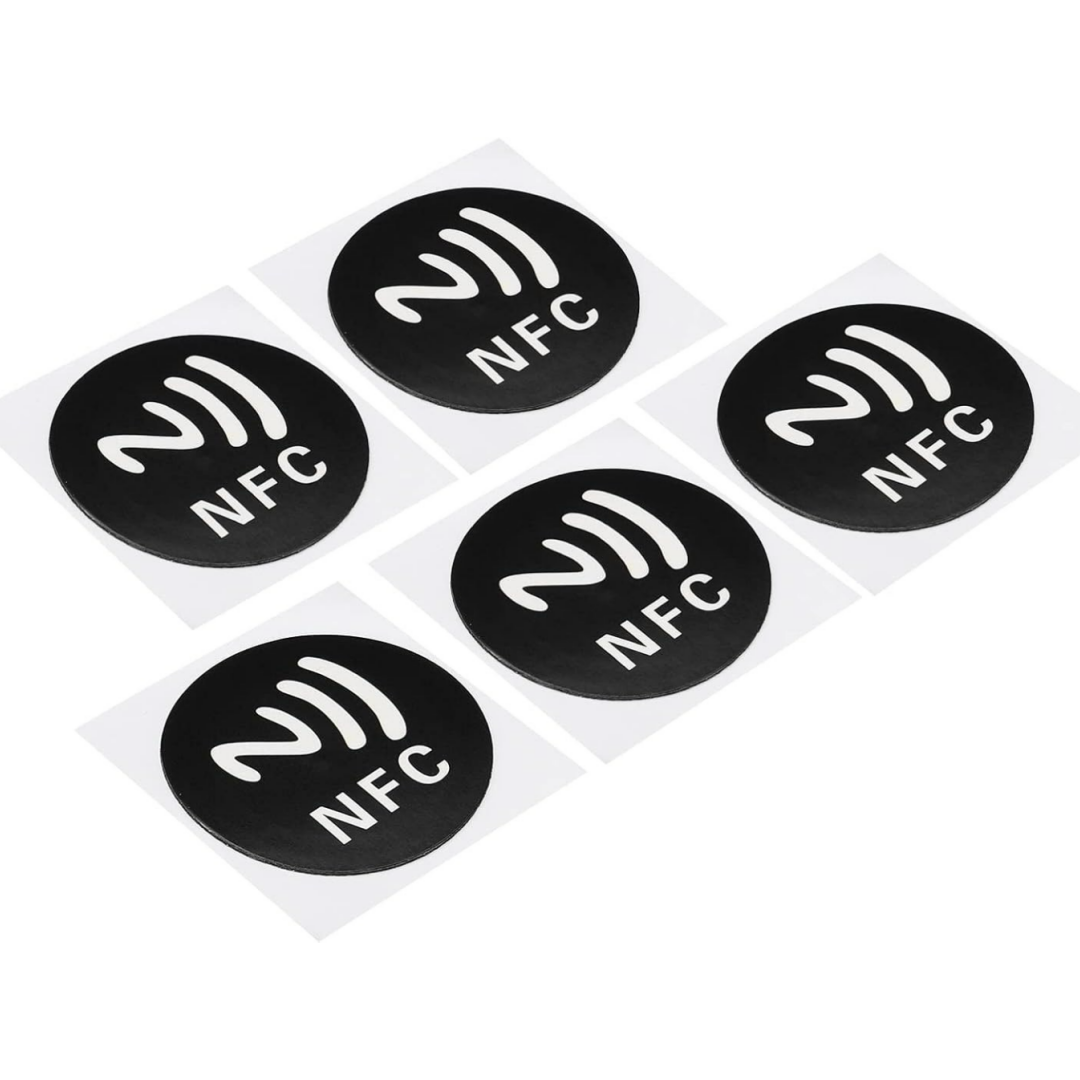Why are long-distance races now timed with RFID technology?
In a race, fairness and accuracy are the most important! In the past, people used stopwatches and tables to record laps and scores, but sometimes they would get the wrong time or laps because they were in a hurry. Now, thanks to RFID Tags, these problems have been perfectly solved, making the race smarter and fairer!
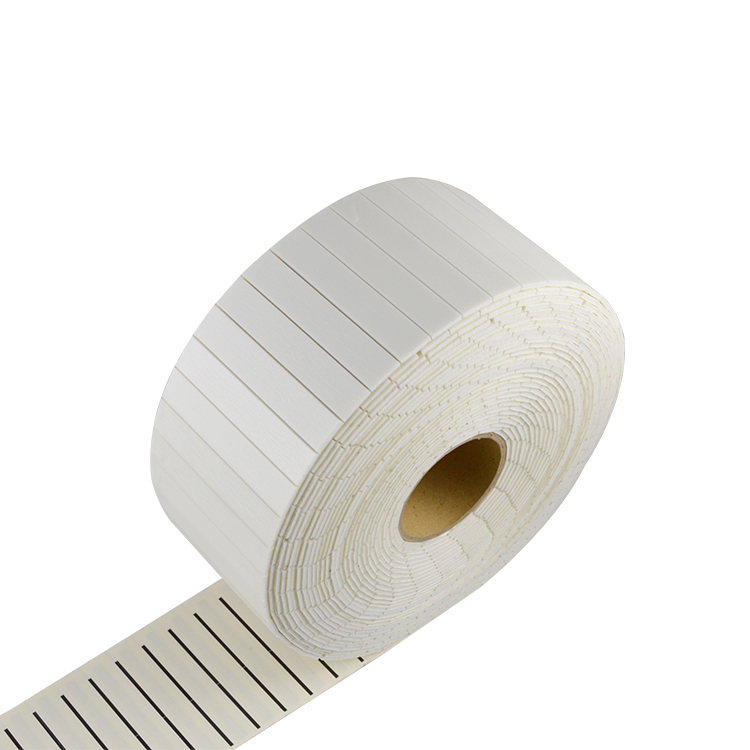
What is RFID? How does it help?
Chip type: Alien H9, Ucode8/9 (can be customized as needed)
Operating frequency: 860-960MHz, can quickly read tags from a long distance
Standard protocol: internationally accepted ISO/IEC 18000-6C
Size: standard is 100×33 mm (of course, the size can also be customized)
Material: waterproof and sun-proof coated paper, PVC or PET material can be selected
Communication method: use ultra-high frequency UHF, wireless fast identification!
These seemingly inconspicuous little tags are actually super powerful!
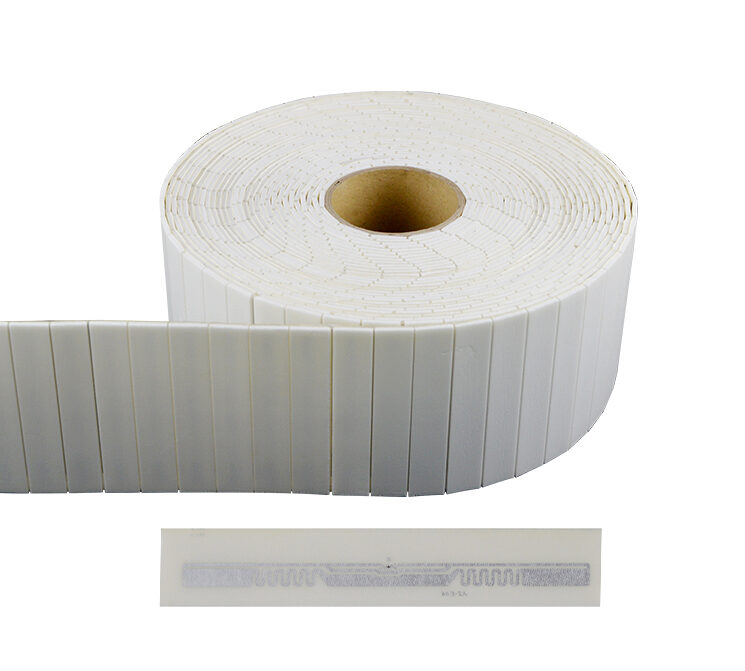
How does RFID help time and calculate laps?
Everyone has a unique ID
As soon as the athlete arrives at the competition site, he will wear a bracelet with an RFID tag. Each tag has a unique number, just like the athlete’s exclusive ID card.
Automatic recording, no fear of mistakes
When the athlete runs through the starting point, the end point or the checkpoint, the antenna buried in the ground will automatically read the information of the bracelet and immediately record the time and laps, without manual operation!
Real-time large screen display
The athlete’s lap and time can be displayed in real time on the large screen. The audience can understand it at a glance, which is much faster than the manual scoreboard!
Safely save every piece of data
All the data of the competition will be stored in the computer, which is convenient for checking the results later. It is also very simple to review, and there is no fear of loss or mistake.
The power of RFID timing!
Anti-cheating
Arrange checkpoints in the middle of the track. If someone secretly runs one lap less or takes a shortcut, the system will immediately detect and alarm to ensure fair competition!
Fast and accurate
Using 433MHz semi-active RFID technology, it can identify more than 100 players at a time, with super fast reading speed, and can read 150 tags per second!
The bracelet is power-saving and durable
The RFID bracelet worn by athletes will only transmit signals when running over the induction pad, so it is very power-saving. There is a reminder when the battery is running low, and the battery can be replaced. The bracelet can be used repeatedly, which is super environmentally friendly!
The antenna is portable and durable
The antenna used in the competition adopts a 125KHz winding design, which is both light and strong, waterproof, anti-collision, and anti-interference. It can be used smoothly whether it is rainy, sunny or muddy!



